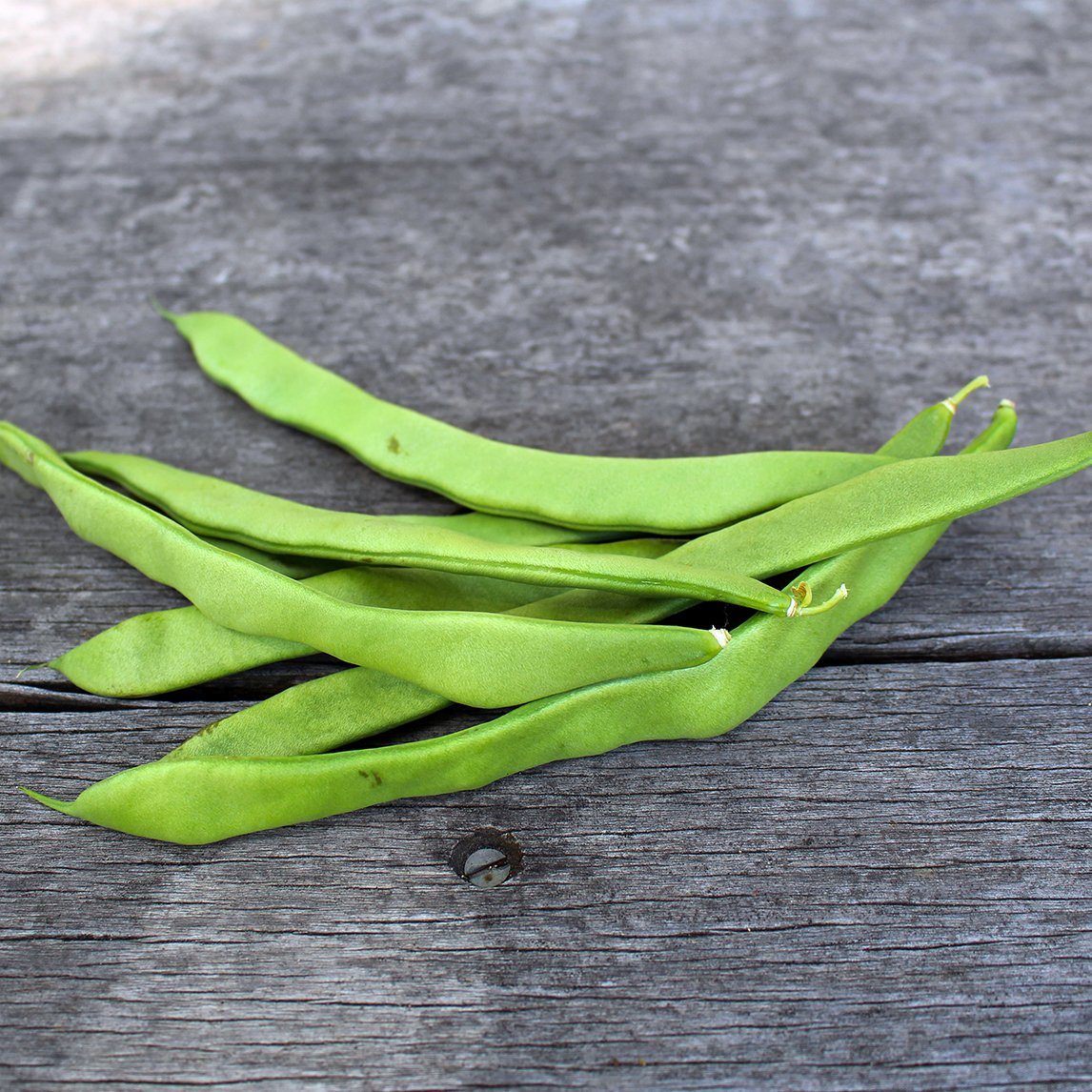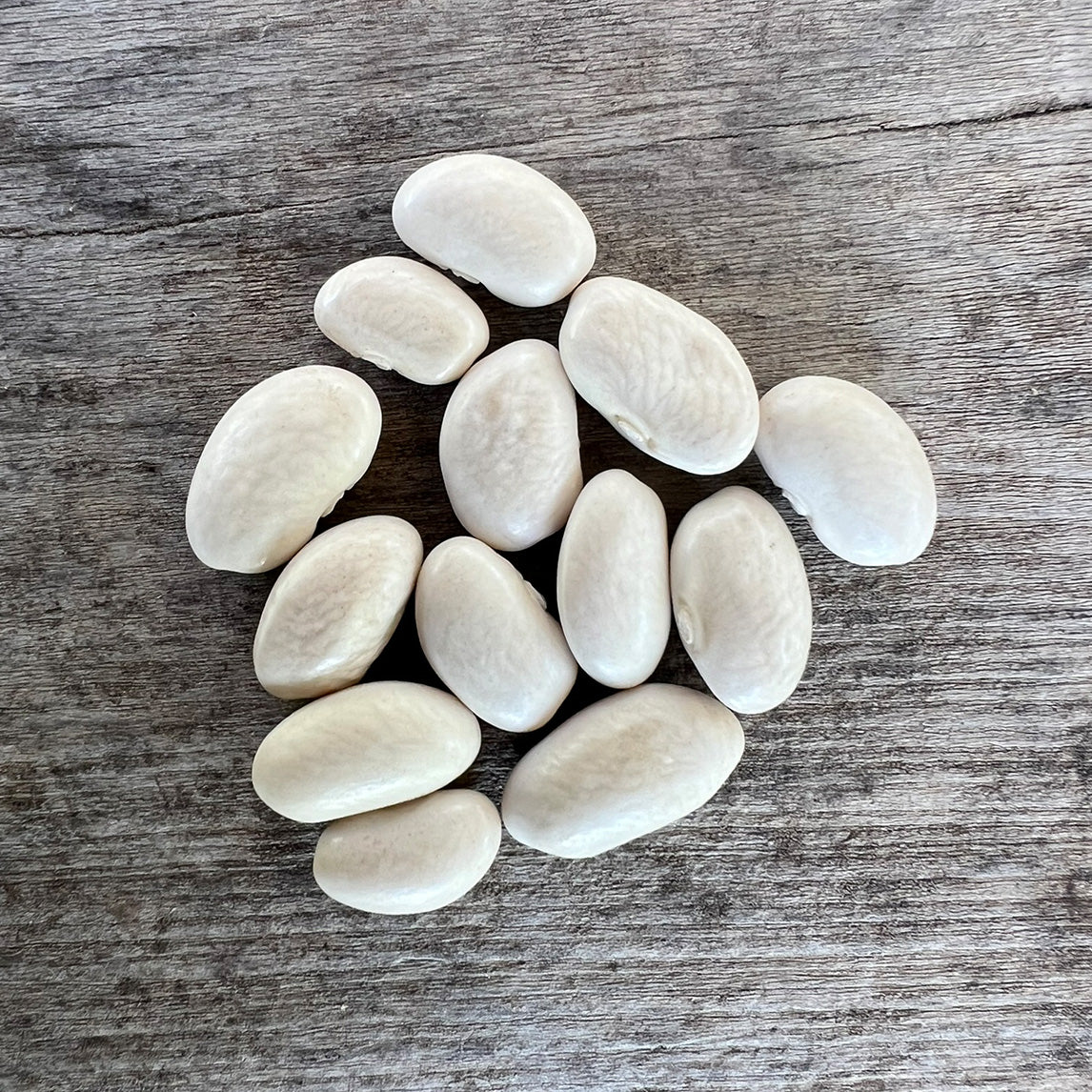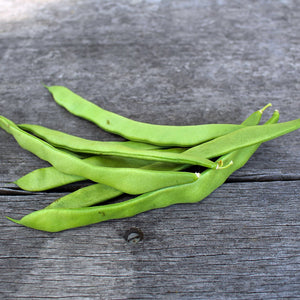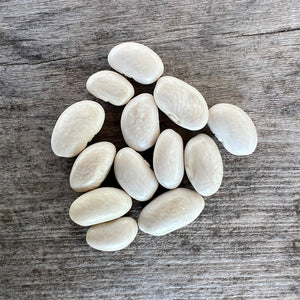Bean 'Northeaster' (Organic)
Fast growing tender annuals, beans perform best in warm, sunny positions. Shallow rooted vegetables, beans require regular watering. Their ideal soil will be enriched with organic matter, be neutral to alkaline and also have some potassium applied prior to sowing. Climbing and pole beans require support, while bush beans are self-supporting. Sow seed direct when soil temperature is between 16-29 degrees C and there is no likelihood of frost. Seed should germinate within 6-15 days and seedlings should be protected from snails and slugs. Water regularly and when plants start cropping, pick daily to maximise your harvest. At the end of the season, compost plants to add nitrogen back into your soil.




